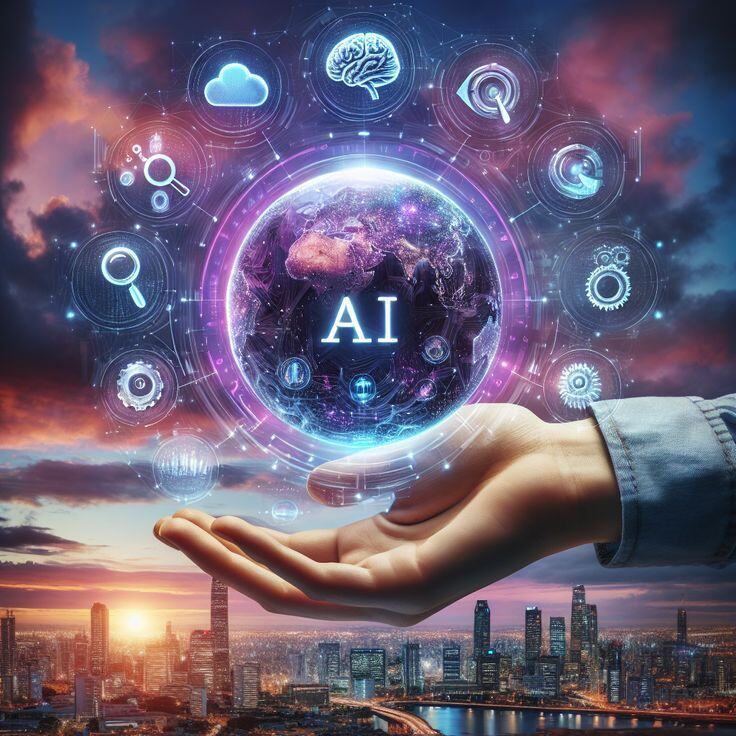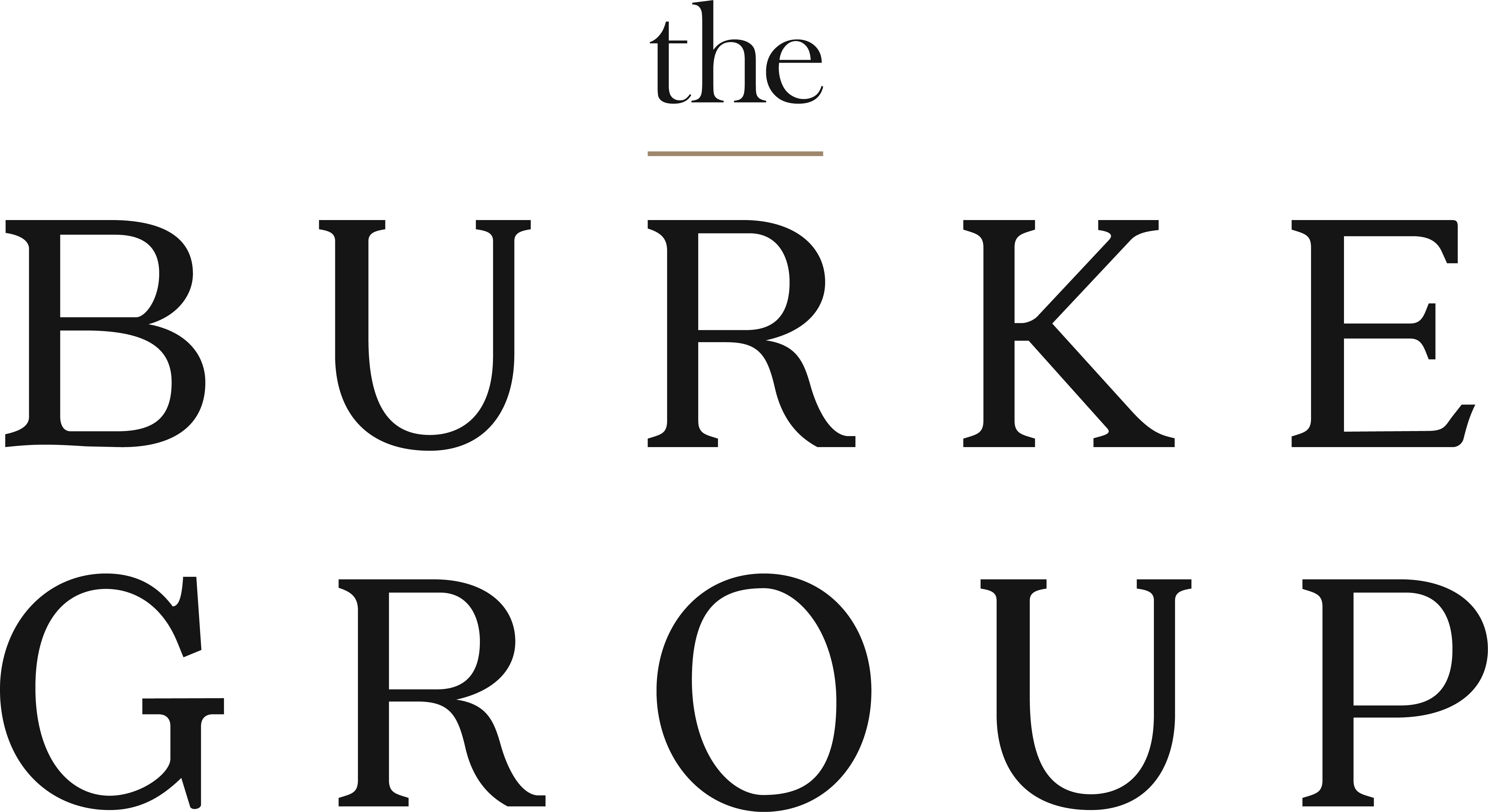Recruitment: The Role of AI and How to Harness Its Potential

Recruitment is undergoing a massive transformation, and at the heart of this evolution is Artificial Intelligence (AI). From automating mundane tasks to providing deep insights into candidate potential, AI is redefining how organizations attract, assess, and onboard talent. However, with great potential comes significant responsibility. Let’s explore how AI will shape recruitment, how businesses can take advantage of it, and what challenges we must address to ensure it is used ethically and effectively.
How AI is Transforming Recruitment
Streamlining the Hiring Process, AI-powered tools can automate repetitive tasks such as screening resumes, scheduling interviews, and sending follow-up emails. This allows HR teams to focus on more strategic activities, such as building relationships with candidates and aligning talent acquisition with organizational goals.
Enhancing Candidate Sourcing AI algorithms can analyze vast amounts of data to identify qualified candidates, even those not actively searching for jobs. Tools like LinkedIn Recruiter and other talent-matching platforms leverage AI to find the best-fit candidates based on job descriptions, skills, and cultural compatibility.
Improving Candidate Assessment Advanced AI tools can evaluate candidates beyond their resumes, using video interviews to analyze speech patterns, facial expressions, and tone of voice. AI-driven tests can also assess cognitive abilities, technical skills, and problem-solving capabilities, providing a holistic view of a candidate's potential.
Personalizing the Candidate Experience Chatbots and virtual assistants can engage with candidates 24/7, answering questions, guiding them through the application process, and providing timely updates. This creates a more personalized and efficient experience for job seekers.
Reducing Bias in Recruitment AI, when designed correctly, can minimize unconscious bias by focusing purely on objective data. It ensures decisions are based on skills and qualifications rather than subjective factors, fostering diversity and inclusion.
How to Take Advantage of AI in Recruitment
Leverage AI for Data-Driven Decisions Use AI tools to analyze recruitment data and identify trends, such as which sourcing channels yield the best candidates or what skills are most in demand. This allows for more informed and strategic hiring decisions.
Focus on Candidate Quality, Not Quantity AI can help filter through the noise by identifying candidates who truly match the role’s requirements. Use this capability to build a strong, qualified talent pipeline rather than focusing on high application volumes.
Enhance Diversity and Inclusion Efforts By using AI tools that eliminate identifying information, such as names or photos, you can ensure a fairer assessment process. Additionally, AI can highlight gaps in diversity and suggest strategies for improvement.
Optimize Job Descriptions and Recruitment Campaigns AI can analyze past job postings and market data to recommend optimized descriptions that attract the right candidates. It can also suggest the best advertising platforms based on the target audience.
Invest in AI Training for HR Teams. Equip your HR team with the knowledge to understand and effectively use AI tools. This ensures that technology is used to its full potential and aligns with your organization’s recruitment goals.
What to Be Cautious Of
Bias in AI Algorithms While AI can reduce human bias, it’s not immune to bias itself. If the data used to train AI models is biased, the outcomes will reflect those biases. Regular audits and transparency in algorithm design are critical.
Over-Reliance on Automation While AI can handle many tasks, it cannot replace the human touch. Building trust and rapport with candidates requires empathy, intuition, and relationship-building—qualities AI cannot replicate.
Data Privacy Concerns: AI recruitment tools often require access to sensitive candidate data. Organizations must ensure compliance with data protection laws and adopt robust cybersecurity measures to protect candidate information.
Lack of Transparency Candidates and HR teams may not fully understand how AI decisions are made. Providing transparency in how algorithms work and ensuring decisions are explainable can build trust in AI-powered recruitment.
Exclusion of Non-Traditional Candidates AI algorithms may inadvertently overlook candidates with unconventional career paths or gaps in their resumes. Balancing AI’s efficiency with a broader perspective on candidate potential is essential.
The Road Ahead
AI will continue to revolutionize recruitment by making it faster, smarter, and more personalized. However, its true value lies in integrating it into human-centred processes. By combining AI's power with human recruiters' empathy and intuition, organizations can create an efficient, inclusive, and ethical hiring process.
Key Takeaways
AI can streamline recruitment, enhance candidate assessments, and improve diversity efforts.
Organizations must invest in AI tools and training to maximize its potential.
Ethical considerations are paramount, such as avoiding algorithmic bias and ensuring data privacy.
A balanced approach that combines AI efficiency with human insight will define the future of recruitment.
As AI becomes an indispensable part of recruitment, leveraging its capabilities responsibly is the challenge. We can ensure AI drives innovation without compromising fairness and inclusivity by focusing on ethical implementation and maintaining a human touch.
What’s your take on AI in recruitment?
